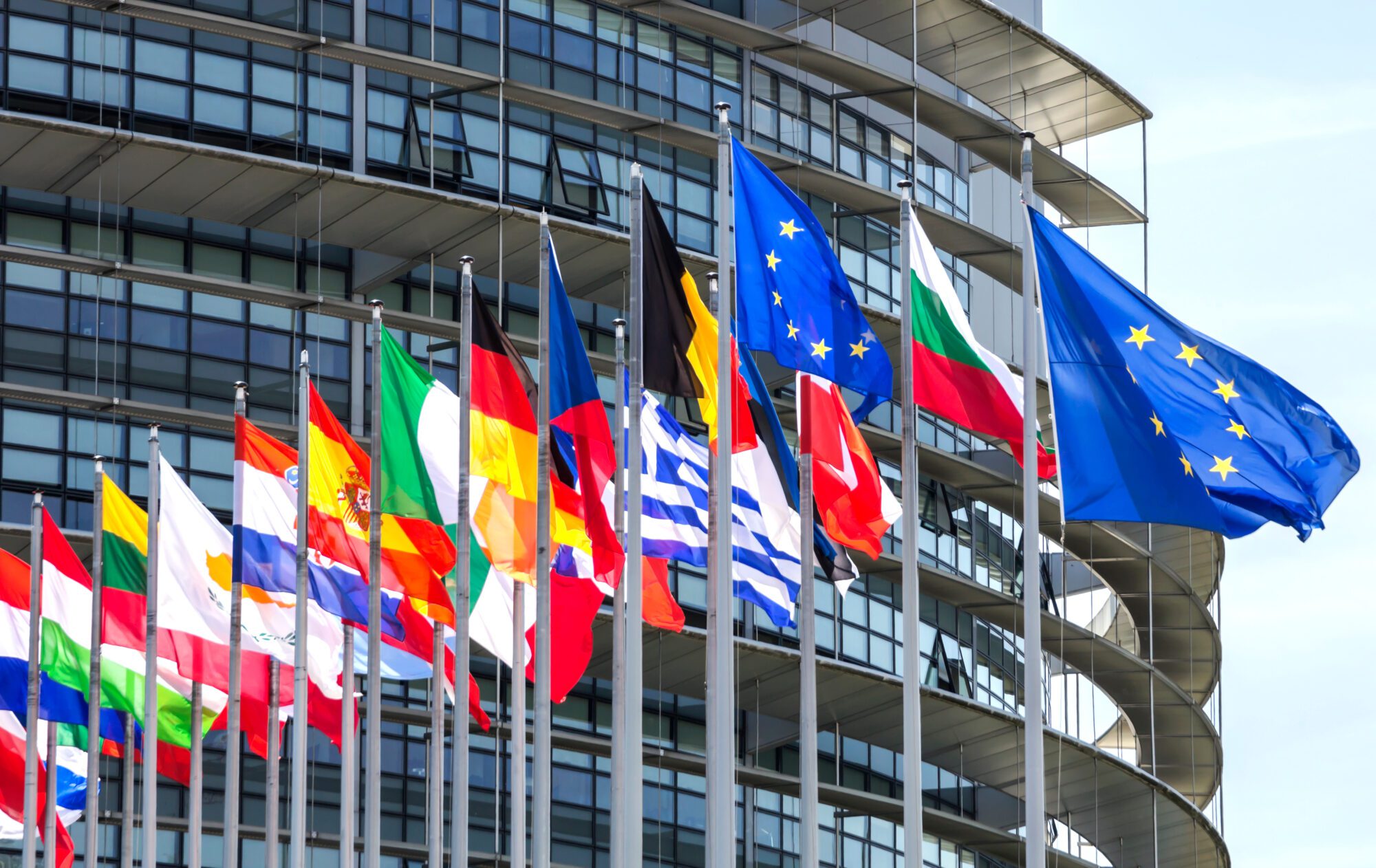
European Union member states on Tuesday agreed to grant the West Balkan state of Bosnia and Herzegovina (BiH) official candidate status, placing the country at the beginning of the lengthy, arduous, and complex accession process.
The decision to allow the former Yugoslav republic to become a candidate, which was made by European affairs ministers in the General Affairs Council, has been described by the Council of the European Union as a “strong message of its commitment” to enlargement. Now, it is expected to be formally ratified on Thursday, December 15th, when the leaders of EU countries will gather in Brussels for a summit, Radio Slobodna Evropa reports.
Bosnia and Herzegovina, if given the go-ahead, will join a league of EU hopefuls which presently includes the likes of Serbia, Montenegro, North Macedonia, Albania, Moldova, Ukraine, and Turkey. Candidate status is largely symbolic and certainly does not guarantee membership. Turkey, for example, has been waiting on a decision since 1999.
After having been granted potential candidate status in 2003, Bosnia-Herzegovina formally applied for EU membership back in 2016. BiH’s bid, however, had languished as many of the bloc’s member states—up until recently—became increasingly skeptical of the benefits gained from bringing in relatively poor countries often plagued by corruption, ethnic tensions, and other issues.
The decision to grant BiH official candidate status comes as the European Union’s desire to expand to bloc has grown considerably amid the Russo-Ukraine war, with Brussels and other EU capitals seeking to bring neighboring countries into political alignment with the liberal, collective West and away from Moscow’s influence.
Earlier this year, during summertime, Ukraine and Moldova were both granted official candidate status. This week Kosovo, despite not being officially recognized as a legitimate state by Spain, Cyprus, Greece, Romania, and Slovakia, is expected to formally submit its bid to join the bloc this week.
Bisara Turković, the Deputy Chairperson of the Council of Ministers and Minister of Foreign Affairs of Bosnia and Herzegovina, referred to Tuesday’s decision as a “huge historic move toward EU membership.”
‼️Dobre vijesti iz Brisela o kandidatskom statusu za 🇧🇦. U proteklih nešto više godinu dana održala sam više desetina sastanaka na najvišem nivou sa svim ključnim zvaničnicima EU. Razgovarala sam u više navrata i direktno sarađivala sa ljudima koji donose ključnu odluku 1/5 pic.twitter.com/RrajltSXTA
— Bisera Turković (@BiseraTurkovic) December 13, 2022
She added:
It is also a recognition of the enormous effort that has been invested in order to fulfill the conditions, but to a large extent also in the struggle to present the truth about the situation in BiH to the EU countries and to stop all attempts to jeopardize the already achieved progress. For the state, this will mean the opening of new channels of cooperation with the EU, new financial funds and investments.
Becoming an EU member will be an onerous task, as BiH will need to have fulfilled 14 key reforms before EU accession negotiations can even begin.
As Radio Slobodna Evropa reports:
In October, the European Commission recommended the status of a candidate for full membership in the EU for Bosnia and Herzegovina, with the expectation that eight specific conditions will be met:
- to adopt changes in the existing Law on the High Judicial and Prosecutorial Council as a matter of priority
- adopt the law on the High Judicial and Prosecutorial Council and adopt the law on the courts of Bosnia and Herzegovina
- adopt a law on preventing conflicts of interest
- take decisive steps to strengthen the prevention and fight against corruption and organized crime
- resolutely improve work on ensuring effective coordination at all levels of border management capacity, as well as ensuring the functioning of the asylum system
- ensure the prohibition of torture, especially by establishing a national preventive mechanism against torture and ill-treatment
- guarantee freedom of expression and the media and the protection of journalists, especially by ensuring appropriate judicial proceedings in cases of threats and violence against journalists and media workers
- provide results in the functioning at all levels of the coordination mechanism on EU issues, including the development and adoption of the national program for the adoption of the EU acquis
As for the 14 key reforms that must be fulfilled before opening of EU accession negotiations, those can be viewed here.
